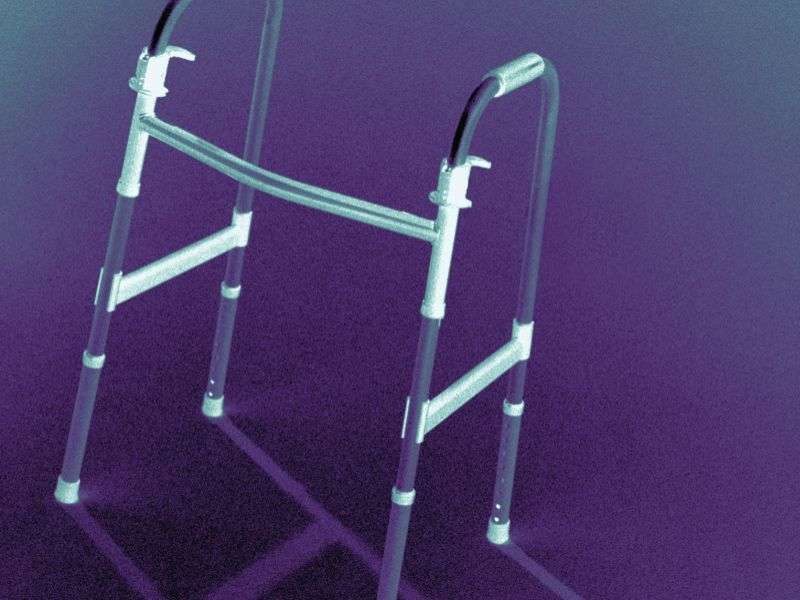Slow processing speed predicts falls in elderly

(HealthDay)—Slow processing speed predicts future falls in older adults with a history of falls, according to a study published online April 8 in the Journal of the American Geriatrics Society.
Jennifer C. Davis, Ph.D., from the University of British Columbia in Vancouver, Canada, and colleagues assessed baseline predictors of future falls among 288 community-dwelling older adults (aged ≥70 years) with a history of at least one fall resulting in medical attention in the previous 12 months. Participants were prospectively evaluated for 12 months.
The researchers found that processing speed was the most consistent predictor of future falls. Poorer processing speed predicted a greater number of total, indoor, outdoor, and noninjurious falls, as well as a greater likelihood of experiencing at least one mild or severe injurious fall.
"Poorer performance on the processing speed factor, a trainable factor, was independently associated with the most costly type of falls: injurious falls," the authors write.
More information:
Abstract
Full Text (subscription or payment may be required)
Copyright © 2017 HealthDay. All rights reserved.


















